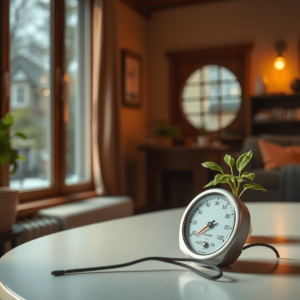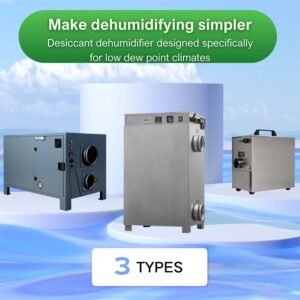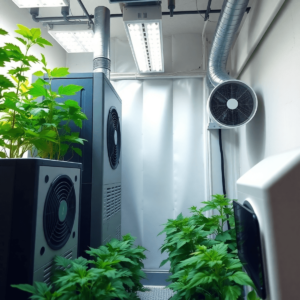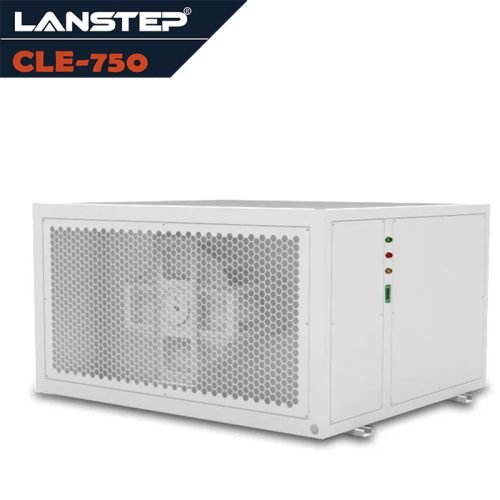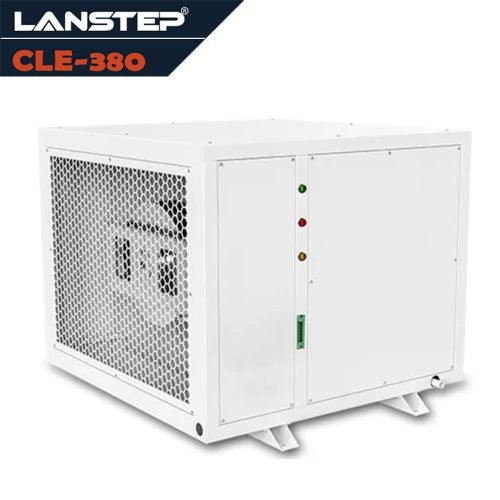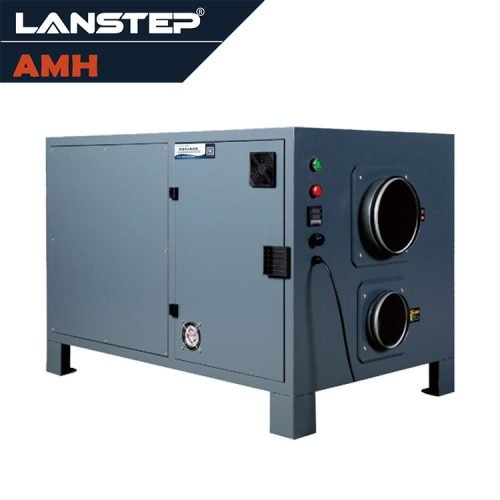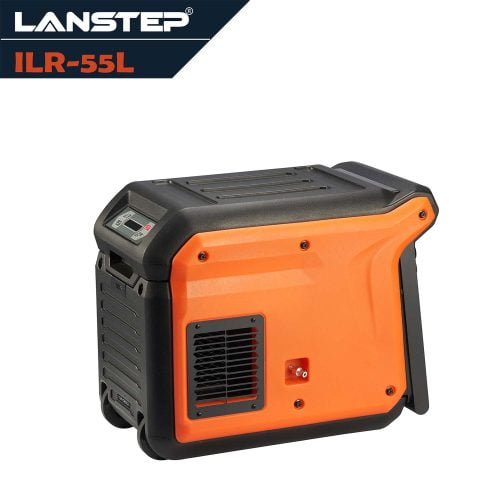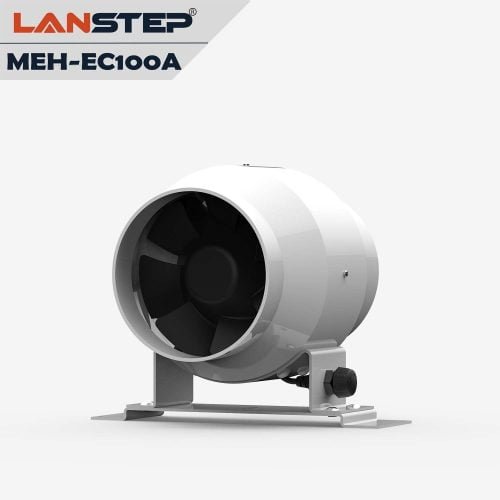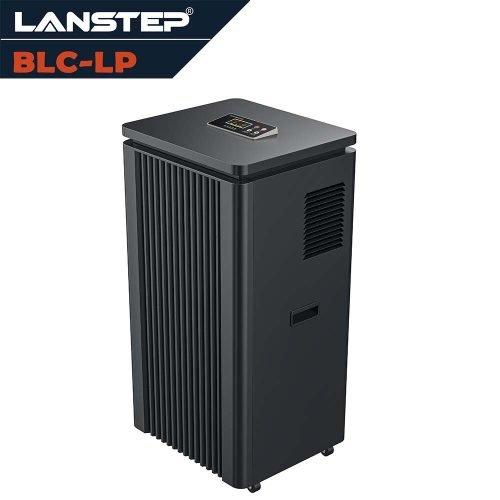1. Introduction
- As a public leisure facility, the comfort and safety of swimming pools are of utmost importance. Humidity control is a key factor in ensuring a healthy and comfortable swimming pool environment. This article will discuss how to choose a dehumidifier of the appropriate size to maintain the ideal humidity level.
2. The Humidity Problem in Swimming Pools
- High humidity in swimming pools, especially indoor pools, is primarily caused by water surface evaporation. This high humidity level not only affects the comfort of swimmers but can also lead to issues like mold growth on walls, metal corrosion, and wood expansion, adversely affecting the structural integrity of the building over the long term. Additionally, high humidity environments can degrade insulation materials, increasing the risk of electrical faults. Condensation of water vapor in the air on cold surfaces may also cause paint peeling and decorative damage. Prolonged high humidity can also lead to a decline in indoor air quality in the pool area, increasing the risk of respiratory diseases.
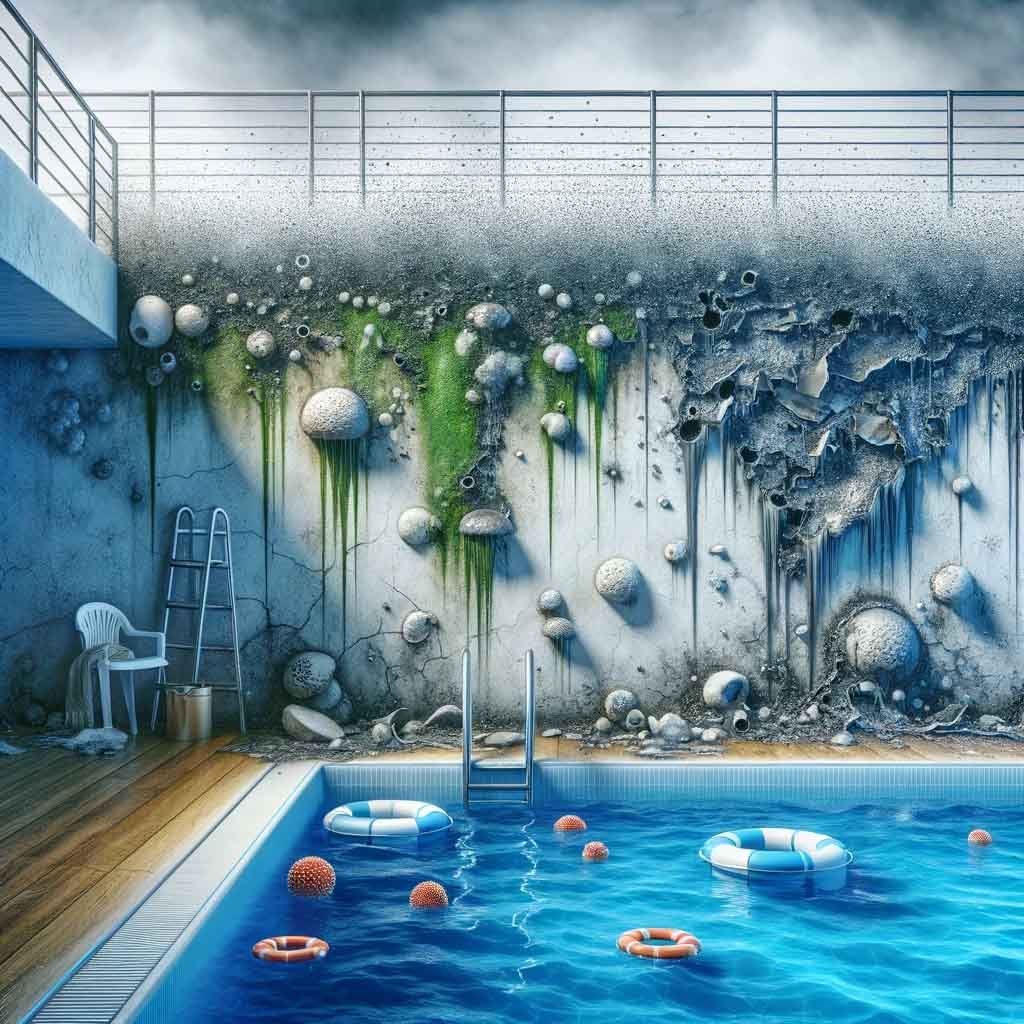
3. What Should the Humidity Level Be in a Swimming Pool?
- To create an environment that you and your guests enjoy spending time in, the indoor air should be neither too dry nor too moist. If the air is too dry, swimmers may feel cold as soon as they leave the pool due to the accelerated evaporation of skin moisture in dry conditions, which also causes faster pool water evaporation and increased energy loss. On the other hand, excessively moist air can make swimmers uncomfortable, as these conditions are ideal for bacterial growth, increasing the risk of disease transmission and respiratory illnesses. Therefore, maintaining relative humidity (RH) between 50% and 65% is crucial. However, this is a challenging target as relative humidity is influenced by indoor temperature – the warmer the air, the more moisture it can hold. For instance, the temperature in a spa center is usually higher than that in a standard private pool area, necessitating a more powerful dehumidifier to ensure relative humidity remains at a comfortable level.
4. The Role of Dehumidifiers
- Dehumidifiers work by absorbing moisture from the air and releasing dry air, thereby regulating air humidity. They not only improve air quality but also prevent structural and health problems caused by excessive humidity, making them indispensable in managing swimming pool environments.
5. Determining the Suitable Size of a Dehumidifier
- There are no hard and fast rules for determining the exact size of the dehumidifier you need, as numerous factors contribute to identifying the best solution for your requirements. Although online tools are available to calculate the size of the dehumidifier you need, it’s important to understand that these calculators only provide rough estimates. To obtain reliable and accurate recommendations, experts need to consider factors such as the temperature of the pool room, size of the pool room, type and facilities of the pool, pool area, interior decoration materials, climate of the country where the pool is located, number of pool users, pool water temperature, etc. Choosing a device with the right size and power is crucial for the sustainability, comfort, and safety of the facility. If the strength of the dehumidifier is insufficient to handle the required air volume, it will have almost no impact on indoor conditions. Conversely, a dehumidifier that is too powerful can create a draft, making swimmers feel cold. Additionally, larger devices produce more noise, consume more energy, and lead to skyrocketing management costs. If you need professional advice and guidance, our LANSTEP team has decades of experience in providing effective climate control solutions for swimming pools worldwide. Contact us online or fill out the contact form at the bottom of the page.
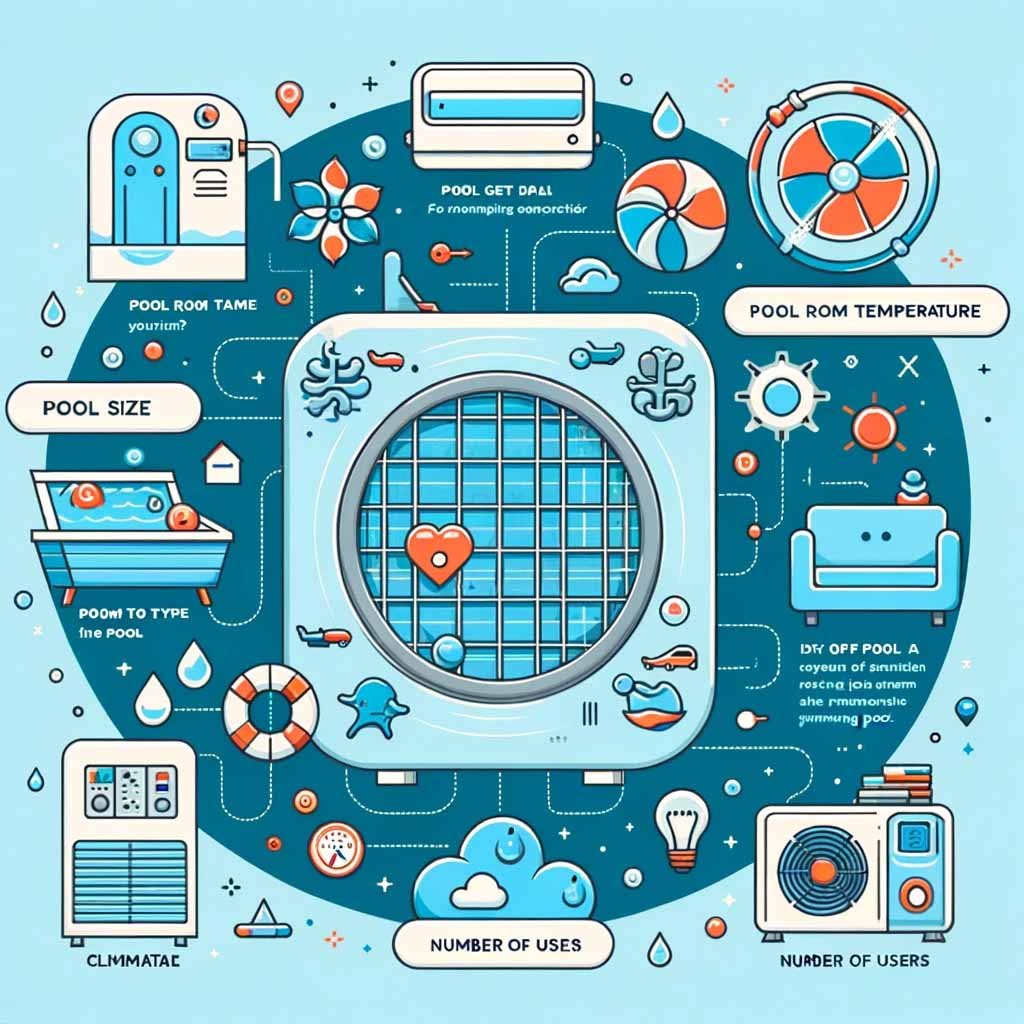
6. Can Any Dehumidifier Be Used?
- Not all dehumidifiers are suitable for use in swimming pool environments. It is necessary to select models specifically designed for high humidity environments, as these typically have stronger dehumidification capabilities and are better suited for moist conditions.
7. Why Should I Use a Dehumidifier Instead of an Air Handling Unit?
- Although air handling units offer larger capacity, as well as the ability to introduce fresh air and the potential for natural cooling, swimming pool dehumidifiers provide the best balance between cost and functionality, making them highly suitable for use in private pool environments. This is because dehumidifiers are relatively compact in size and can be directly installed from the start without the need for costly renovations to the building. This contrasts with air handling units that require more complex installations and more space. In addition, swimming pool dehumidifiers are extremely cost-effective to operate while still providing adequate performance levels for your private facility.
8. Which Swimming Pool Dehumidifier Should I Purchase?
- Ensuring that your swimming pool dehumidifier is fit for purpose involves more than just size and type – factors such as energy efficiency and ease of use are also important considerations when making a purchase. To help you select the perfect device for your environment, LANSTEP has over 10 years of experience in the field of climate control. Leveraging our expertise, we have developed a range of dehumidifying devices focusing on reliability, sustainability, efficiency, and usability. The ILA series upright dehumidifiers are equipped with optional controllers, allowing your dehumidifier to operate remotely for easy operation and monitoring. Furthermore, to enhance energy efficiency and reduce operating costs, we always use high-efficiency fans and compressors. Let us help you find the ideal dehumidifier for your private pool needs. Look up our swimming pool dehumidifier series online or contact us using the form below.

